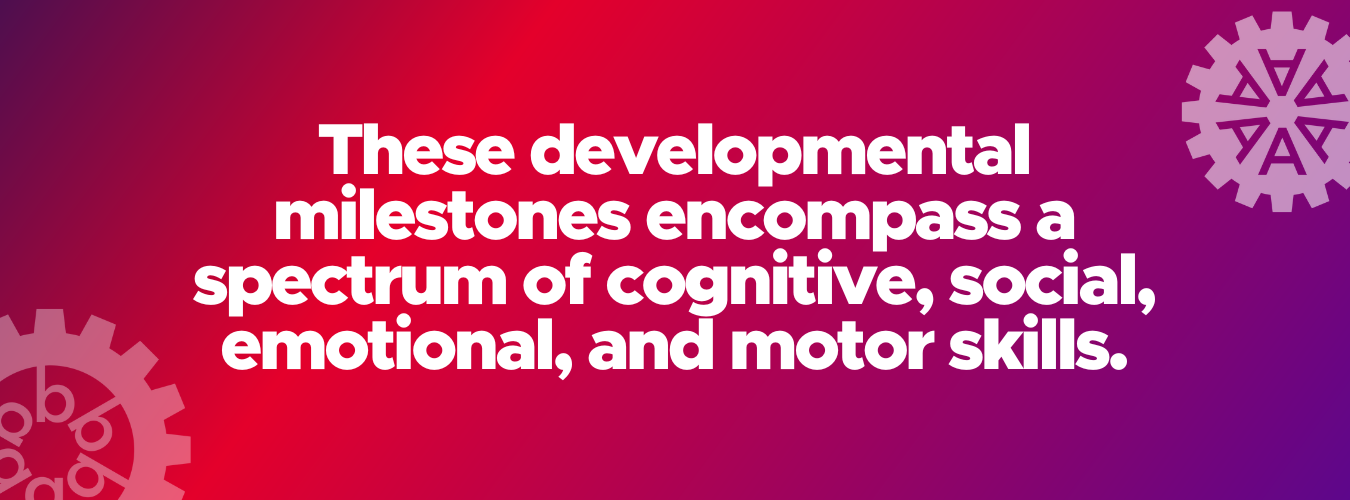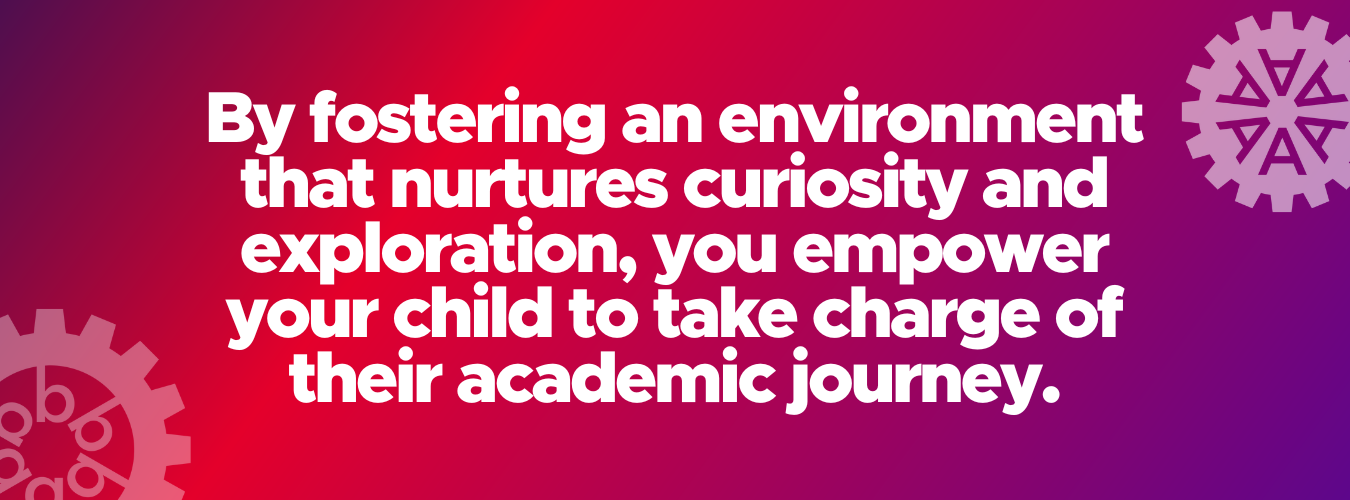Is My Child On Track? A Parent's Guide to Monitoring Learning Milestones

As parents, one of the biggest concerns is ensuring our children are thriving and developing as they should. We often wonder, "Is my child on track with their learning?" It's a question that can keep most students up at night and drive most parents to seek answers and reassurance.
In this blog, we'll explore how to gauge if your child is on track with their education, hitting important learning milestones and what you can do to support and encourage your child.
Understanding Developmental Milestones
Every child is unique, and development occurs in children at different rates. However, there are general guidelines for what children should be achieving at various stages of their lives.
These developmental milestones encompass cognitive, social, emotional, and motor skills. By understanding these milestones, parents can better assess and track their child's progress and identify any gaps or areas that may need extra attention.

Signs of On-Track Learning
When assessing your child's learning, there are several key areas to consider. In terms of cognitive development, pay attention to your child's language skills, problem-solving abilities, and memory.
Socially and emotionally, observe how they interact with peers and adults, express their feelings and emotions, and handle challenges and stress. Additionally, monitor their motor skills, both gross and fine, to ensure they are developing the coordination necessary for various learning levels and tasks.
Consider, for example, a scenario where a 5 year old child engages with their friends in imaginative play, demonstrating language skills as they speak or they create and narrate stories with their toys.
This showcases their cognitive development and language proficiency. Additionally, if they develop and demonstrate problem-solving abilities by independently figuring out how to complete a puzzle or organise toys by colour, it suggests they are developing essential cognitive skills necessary for academic success.
Red Flags to Watch Out For
While every other child learns and develops at their own pace, some warning signs may indicate a potential learning issue. Persistent difficulties in specific areas, a lack of progress over time, or changes in behaviour related to learning tasks could signal underlying challenges that need addressing. Parents need to trust their instincts and seek guidance if they have concerns about their child's development. NumberWorks’nWords offers personalised English and maths tuition, helping identify individual areas of weakness and focusing on improvements.
Imagine an 11-year-old child who consistently struggles with reading comprehension, despite receiving extra support at home. If they become increasingly frustrated during reading assignments or avoid literacy activities at schools altogether, it could indicate a potential learning difficulty that requires further investigation.
Similarly, if your child or you notice significant changes in their behaviour, such as increased irritability or reluctance to attend school, it may be a red flag signalling an underlying issue affecting their learning.

Strategies for Monitoring Learning Progress
Fortunately, there are several strategies parents can employ to stay informed about and track their child's learning journey in school. Regular communication with your children, teachers and the school can provide valuable insights into your child's progress in school.
Engaging your children in learning activities at home can also give you a firsthand understanding of your child's strengths and weaknesses. Additionally, after-school tuition with NumberWorks’nWords will provide you with a clear indication of where your child is at and what needs to be focused on.
Supporting Your Child's Learning Journey
Consider creating a dedicated study area in your home equipped with educational resources, technology and materials tailored to your child's interests and learning style. By fostering a supportive environment that encourages curiosity and exploration, you empower and encourage your child to take ownership of their learning journey.
Also, enrolling them in extracurricular activities aligned with their passions and interests, whether it be art classes or sports teams, fosters a sense of holistic development and reinforces the importance of students pursuing their interests outside of the classroom.

Navigating Challenges
As parents and students, it's essential to recognise that the learning path isn't always smooth sailing. There may be bumps along the road, setbacks that can feel disheartening for parents and children. However, it's crucial not to lose sight of the progress made and to maintain a positive outlook. Challenges provide opportunities for growth and focus, learning resilience and focus, which are valuable skills that will serve your child well throughout their life.
Seeking support is also vital. As a parent, you don't have to navigate your child's learning journey alone. A wealth of support is available. Don't hesitate to reach out for assistance if you have concerns about your child's development or if you need guidance and support on how best to support children and their learning needs. Remember, asking for help is a sign of strength, not weakness, and it demonstrates your unwavering commitment to your child's education and well-being.
Celebrate Achievements
Amidst the hustle and bustle of daily family life, school work, homework and extracurriculars it's easy to overlook the progress our children make. Take the time to celebrate their achievements. Whether it's mastering a new skill, overcoming a challenge, or simply showing enthusiasm for learning new things, each milestone reached is worthy of acknowledgment and praise. By celebrating progress, you not only boost your child's confidence but also foster a love of learning that will continue to flourish for many children for years to come.
Monitoring your child's learning progress is an ongoing journey that requires patience, attention, and love. Remember, every child is unique, and progress may not always follow a straight line. If you’re looking for additional education support for your child, NumberWorks’nWords after-school tutoring in maths and English is the perfect choice. With a personalised approach, each student receives a programme designed just for them!
Book a free introductory lesson or find a centre near you today!




